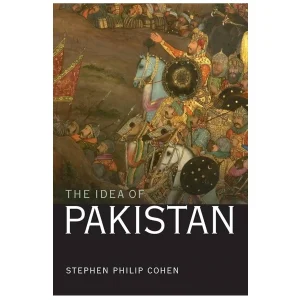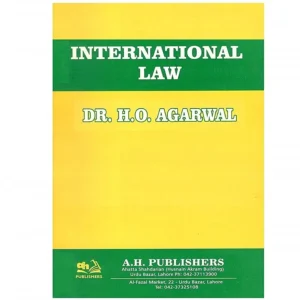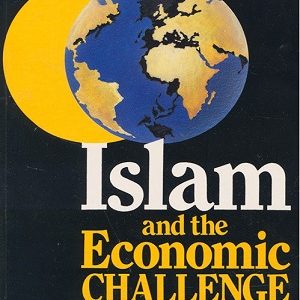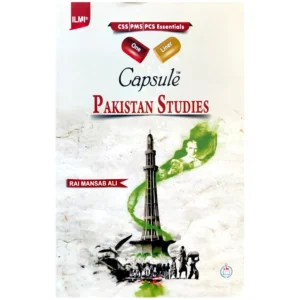Description
![]()
There was a time when the interpretation of literary texts and literary theory seemed two different and almost unrelated things. Interpretation was about the actual meaning of a poem, a novel, or a play, while theory seemed alien to what the study of literature was really about because its generalizations could never do justice to individual texts. In the last thirty years, however, interpretation and theory have moved closer and closer to each other. In fact, for many contemporary critics and theorists interpretation and theory cannot be separated at all. They would argue that when we interpret a text we always do so from a theoretical perspective, whether we are aware of it or not, and they would also argue that theory cannot do without interpretation.
The premise of Literary Theory: The Basics is that literary theory and literary practice – the practice of interpretation – can indeed not very well be separated and certainly not at the more advanced level of academic literary studies. One of its aims, then, is to show how theory and practice are inevitably connected and have always been connected. The emphasis is on the 1970s and after, but important earlier views of literature get their full share of attention. This is not merely a historical exercise. A good understanding of, for instance, the New Criticism that dominated literary criticism in the United States.
i










Reviews
There are no reviews yet.